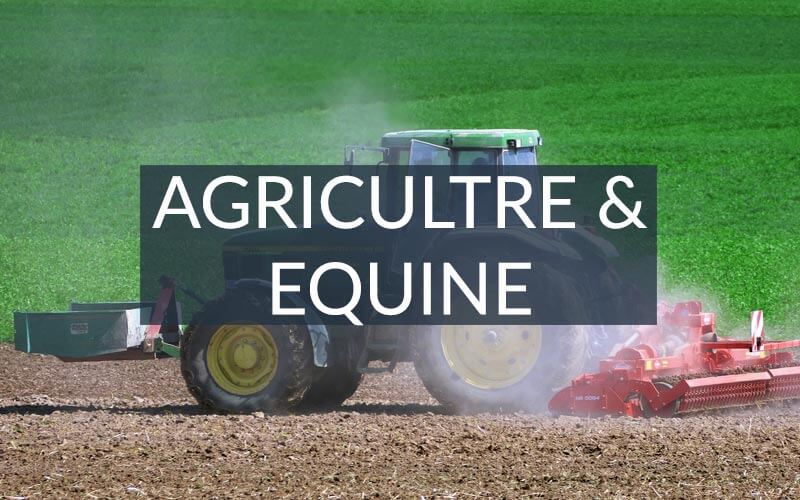
Agriculture and Equine
Both the Equine industry and Agriculture are hugely important to both the economy and cultural life of Kildare. There are many challenges ahead in the sector, particularly in light of Brexit and the harsh weather.
Farmers in Ireland were given a raw deal in the last government led by Fine Gael and Labour, they imposed changes to essential rural programmes like the Farm Assist Scheme and the Rural Social Scheme. Combined with falling prices and the ongoing problem with nomad cattle, farmers have seen their incomes drastically reduced, with many struggling to keep their businesses viable.
Tillage farming
In Kildare, there has been an increase in the number of hectares in given over to tillage farming. Data from the Teagasc Final Harvest report for 2017 shows that crops are being grown on just over 31,203 hectares in the county, that's up from 30,916 in 2016. It also means Kildare is going against the national trend as Teagasc estimates the total cereal area sown around Ireland fell by 4.9% in 2016.
Fodder crisis
The serious fodder crisis affecting our farmers is still a huge issue across the country. The Minister’s failure to address the situation has had a direct impact on the severe conditions affecting farms despite warnings from me and my party long before the issue became so serious. The Minister ignored farmers and failed to take any concrete action to address the situation and farmers are still paying for the Ministers inaction.
As the bad weather continued through the winter and the summer brought warmer than normal temperatures, it has increased pressure on fodder stocks as animals were being kept indoors and feed was being used up.
Brexit
Brexit poses one of the biggest ever threats to suckler farmers, exporters and beef sector jobs, with over 50 per cent of all beef exports to the UK while more than 90% of Irish meat exports to continental Europe flow via the land-bridge through the UK. Any reduction in access to the UK market and loss of value would have a very negative impact on Irish beef farmers and have a destabilising effect on the overall EU market. For example, the risk of displacement of 265,000 tonnes of Irish beef would saturate the EU market.
The worst impacted sector would be the low income beef sector. Cuts of 37% to cattle farm incomes would gravely undermine the viability of beef production in Ireland, and substantially reduce the size of the 1m suckler cow herd.
The Irish mushroom industry exports 90% of its produce to the UK. Unless drastic action is taken, this important industry, which employs 3500 jobs across Ireland, could collapse in the next year
The Government and the Taoiseach must ensure a deal is made with Brexit to provide sustainability and continued economic growth in all sectors of Ireland.
Equine
Along with the fears that Brexit will have on the Equine industry, the industry is struggling with increased costs across the board. The horse racing industry is hugely important to Kildare and provides significant employment directly and indirectly to the people of our county. Kildare has more stud farms than any other county in Ireland and several prominent international breeders have their stud farms located in Kildare. In May 2017 we had a visit from the Duchess of Corwall and in 2011 the Queen of England visited the National Stud in Kildare Town, this noting the international recognition Kildare is receiving in the industry
I visited Horse Racing Ireland this year with some of my Dáil colleagues; Deputy Kevin O'Keefe, Deputy Charlie McConalogue, Senator Paul Daly and Deputy Jackie Cahill. We had a very interesting meeting with the CEO Brian Kavanagh to discuss the current challenges facing the horse racing industry and then enjoyed a tour of Dermot Weld's stables.
I also hosted a public meeting as part of my Living in Kildare meetings around the commercial rates that were increased drastically in 2017 for equine businesses.
